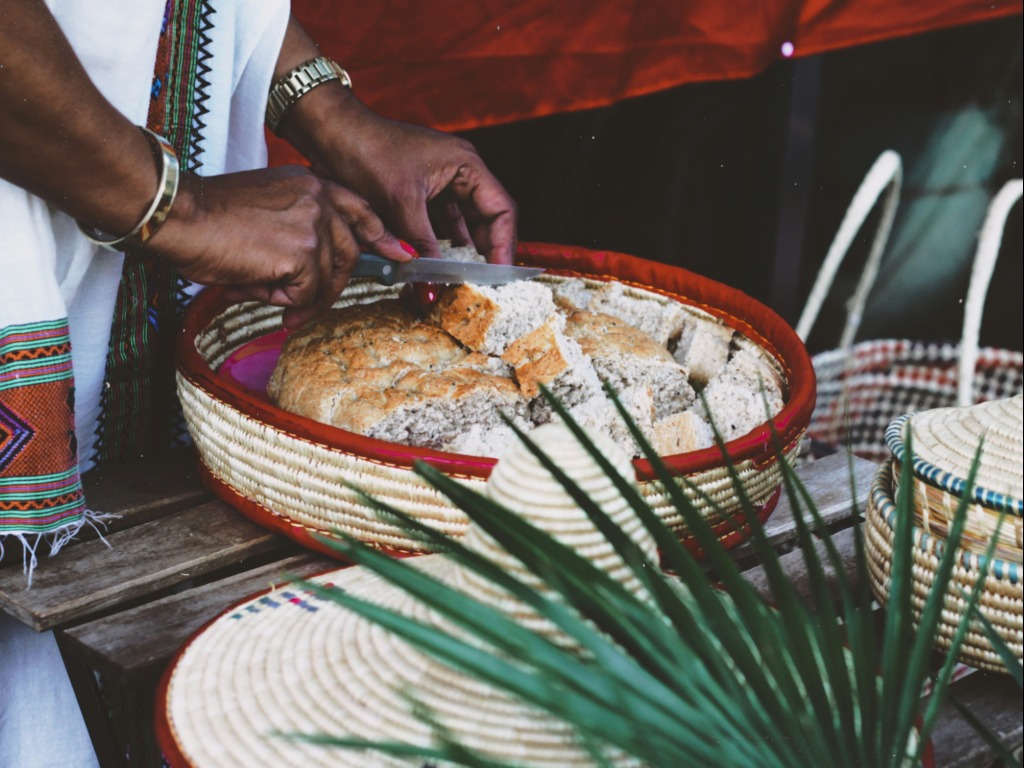The second UN Tourism Regional Forum on Gastronomy Tourism for Africa reinforced the region’s growing commitment to make gastronomy tourism a key driver in social and economic development.
Co-organized with the Basque Culinary Center, the event celebrated the continent’s culinary richness and represented a strong step towards stronger cooperation among tourism and gastronomy stakeholders – producers, chefs, entrepreneurs, tour operators and ministries of tourism.
The Forum was officially opened by His Excellency Dr. Philip Isdor Mpango, Vice-President of the United Republic of Tanzania, underscoring the political commitment to advance gastronomy tourism in the country. In his address, he called for greater visibility of African diverse food cultures, stronger regional branding, enhanced collaboration with local producers, and more sustainable practices, highlighting the sector’s potential to drive tourism, strengthen food systems, empower women and promote the consumption of healthy foods across the continent.
Priorities for gastronomy tourism in Africa
Bringing together over 400 participants from 30 countries, the Forum discussions focused on policy frameworks with the participation of the Ministers of Tourism of Tanzania, Zimbabwe and the Democratic Republic of Congo, and the Deputy Minister of South Africa, as well as the FAO Representative in Tanzania.
Education and skills, national targeted strategies, communication and product development emerged as main priorities to advance the agenda of gastronomy tourism in Africa. To advance this, the Secretary-General announced that 100 scholarships will be made available to students from Africa to benefit from the UN Tourism Online Academy. The scholarships will help strengthen the capacities of national tourism professionals in the field of gastronomy and culinary arts.
On the occasion, UN Tourism and Chefs in Africa signed a Memorandum of Understanding. The partnership will focus on advocacy, promotion and skills to strengthen gastronomy tourism across the continent.
Bolder brands and stronger ecosystems
The Forum further underscored the need to strengthen local food ecosystems by engaging with producers, safeguarding culinary heritage through the promotion and use of native crops, documentation of products, processes and traditional recipes, and more sustainable food systems.
Participants also emphasized the need to elevate the regional and global image of African cuisine, highlighting the role of food festivals, cultural events, and storytelling in showcasing the continent’s culinary identity and reshaping perceptions worldwide.
Building on its continued success, the Regional Forum – part of UN Tourism Agenda for Africa – is consolidating as a strategic platform gastronomy tourism in the region placing the issue higher on the tourism agenda. The Forum will return for a third edition, to be held in Sierra Leone.

